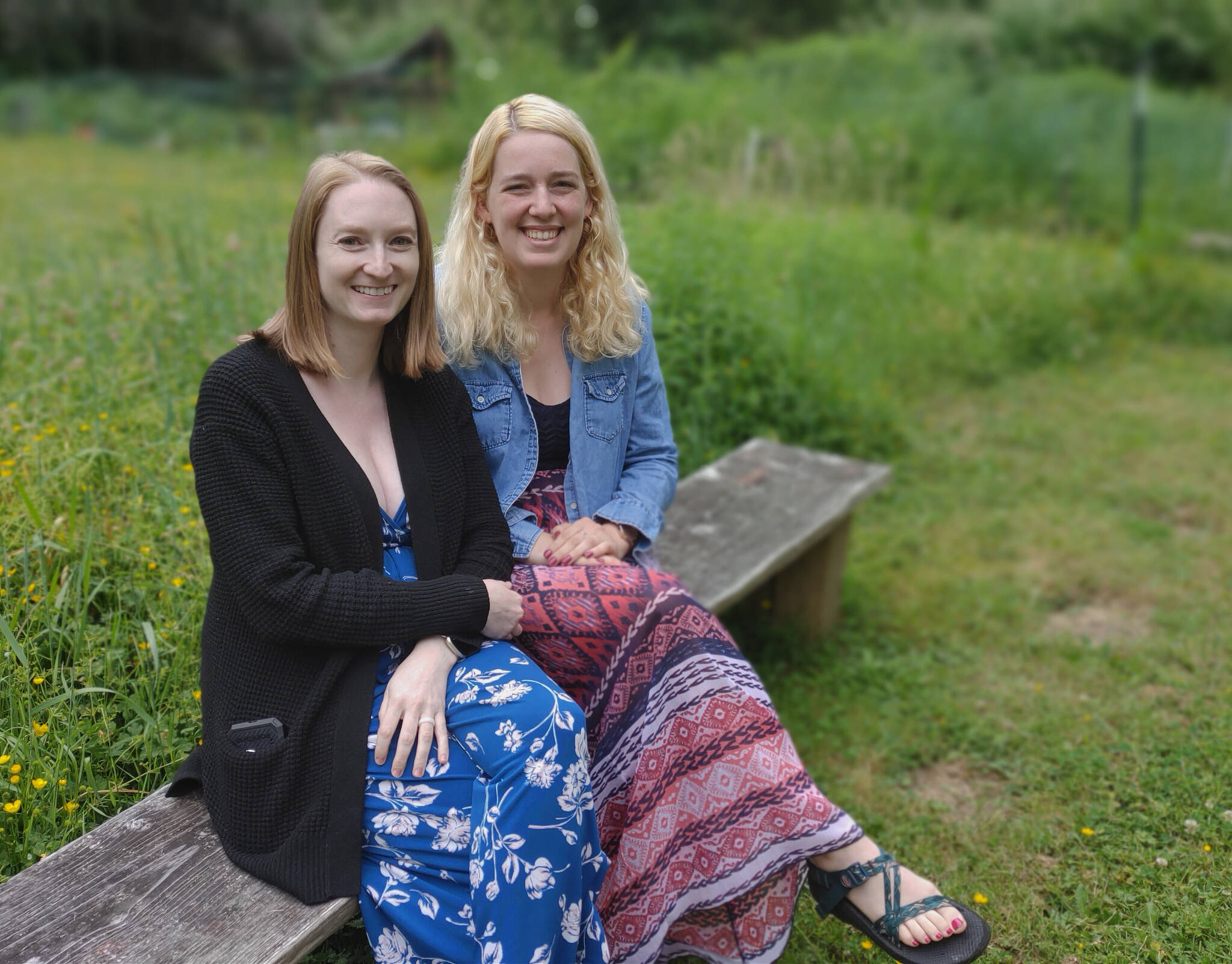With the sun shining, a waterfront beckoning and mountains dotting the background, the Stroum Jewish Community Center (SJCC) J Camp is an idyllic place for kids and counselors to spend their summer days, said camp director Aliza Glatter.
The camp, which will run weekly from June 26-Aug. 25, is slated to feature archery, soccer, swimming, art, chess, cooking and much more. It’s all about spreading “kef” — which is the Hebrew word for fun — amongst the attendees, added Lisa Williams, who will serve as the camp’s first mental, emotional, spiritual and social health (MESSH) coordinator.
The groundbreaking MESSH initiative comes to SJCC by way of the Foundation for Jewish Camp’s Yedid Nefesh program to provide extensive financial and educational resources to 32 day camps.
J Camp will receive up to $36,500 in direct funding over the course of four years to hire a qualified mental health professional, provide enhanced counselor training, establish proactive wellness activity areas, and develop tools to de-stigmatize mental health in their broader community, according to a press release, which added that the initiative is generously funded by The Marcus Foundation.
To kick-start the initiative, SJCC turned to Williams, who is an early childhood education teacher at the J, has a mental health degree and formerly worked as a practicing and learning skills (PALS) coach at West Mercer Elementary School. She is thrilled to jump into her new role this summer.
“My job is to make sure that fun happens for them and to make sure I’m limiting the amount of stressors they have, anxiety that they have, and to mitigate those kind of feelings so that when they go to camp, it’s just all about enjoying themselves, growing, becoming more of who they are as children so that they can grow up and be adults,” she said.
Along with having fun and making new friends at camp, Glatter said they hope the kids further their communication skills, learn to deal with and resolve conflicts, gain independence and more when they go about their days. Williams added that kids will also have the freedom to explore interpersonal and intrapersonal skills. If needed during a tough part of the day, they can take a break by playing a game or reading a book during a “reset” before heading back to camp activities.
Challenges at camp can enhance personal growth for both kids and coordinators, Williams noted.
In the realm of positive and negative self talk that may arise during the day, Williams added that for kids, “I call it inner critic and inner coach. So you really want to listen to your inner coach and hear what they have to say. And you really want to ignore your inner critic.”
Glatter said that a key benefit of the grant is that the kids can first absorb the summer camp environment and then put their experience into play throughout the year.
“They’ll take this back to school with them and they’ll see their camp friends during the year, and hopefully all of the skills they gain at camp are things that are able to help the broader community as well,” she said.
For more information, visit: sjcc.org/-j-camp.



